How we got there
Being trek enthusiasts we have decided to do this adventure in an area which is little frequented by tourists, really off the beaten path, and it was really worth it! The Trekking on the Atlas Mountains offers fantastic natural landscapes that alternate red earth, rocks, clear blue skies, small streams, forests, mountain passes, immense valleys, remote villages nested among huge rocks, bare trees clinging to precipices, shepherds and goats lost in the clouds. The perfumes and colors of this unique place will be indelibly printed in your memory!
INFO
-
Marrakech – Imlil, 1 h 30 min (66.9 km)
-
Rabat – Imlil, 4h 48 min (388.9 km)
-
Casablanca – Imlil, 4 h 9 min (308.8 km)
MOROCCO PHOTO GALLERY
Historical Facts
Where it is & how to get there
The Atlas mountain range diagonally crosses Morocco from north-east, from the northern border with Algeria, to the southwest, where it meets the Atlantic ocean near Agadir. Marrakesh is the nearest large city from which to reach Imlil, one of the main and best starting points for trekking in the Atlas Mountains. Usually the transport to Imlil is included in the trek tour package. If you want to reach Imlil on your own, we recommend taking a large taxi (Group taxis) at the station near the Sidi Mimoun Garden (cost about 50/60 Dirham).
Places not to be missed
-
Mount Toubkal
- Imlil and Imnane Valley
-
Setti Fatma Waterfalls
-
Berber Villages
-
The Tizi n Lbour and Tizi n tacht mountain passes
Things to See
There are many trekking routes in the Atlas Mountains of different length and difficulty. You can do treks ranging from two to 15 days on different routes. On the way you will meet beautiful valleys, high mountain passes, some lush green areas and others dry and rocky. You will pass through rural beautiful sleepy villages that act as a base for the night: a real immersion in the Berber culture that lives out of sheep-farming, agriculture and craftsmanship. In the local language Berbers are called “Imazighen”, which means “free men”. The Atlas Mountains are home to a number of unique animals and plants in Africa, such as the Berber macaque, the Berber leopard, the Berber deer, the Atlas Mountains, the Cuvier gazelle as well as the ibis, blackbirds and a great variety. of other birds; the vegetation includes the Cedars of the Atlas, black pines, and Algerian oaks and the barren areas typical of high mountains.
The trek on the Atlas Mountains we have chosen lasted 4 days and had these stages:
Day 1: Transfer from Marrakech to Imlil, start of the trek: from Imlil (1740m) to Tachedirt (2300m) crossing the Tizi n Tamatert mountain pass (2279m), about 4 hours walk. You spend the night in a local guesthouse.
Day 2: from Tachedirt continue to Imsker (1600m) descending towards the Imnane valley and crossing some local villages (Ounskra, Tamguiste, Ikkis, Amssakrou and Arg), about 5 hours walk. Then you spend the night yet in another local guesthouse.
Day 3: from Imsker you reach Tizi oussem (1900m) through the Tizi n Lbour mountain pass (1500m), the valley of Imlil, the Tizi n tacht mountain pass (2000m), the village of Ait Aissa in the valley of Azzaden with 6 hours about walking. You also spend the night here in a local guesthouse.
Day 4: from Tizi oussem (1900m) you return to Imlil through the Ighouliden waterfalls and the Tizi M’zzik mountain pass (2450m) with about 5 hours walk. There are many local agencies that offer different treks: we have chosen Toubkal Guide and we recommend them, as they were really helpful, competent, and reliable.
Prices range from 120 euros per person for the ascent of Mount Toubkal (2 days) to 600 euros for 15 days of trekking through the High Atlas Mountains including the ascent of Toubkal (excluding extra insurance drinks and entrance fee, for another very low, around 10 Euro).

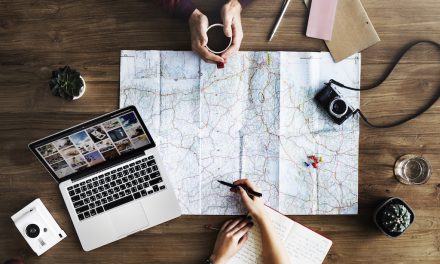
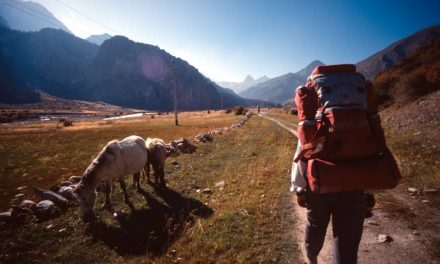
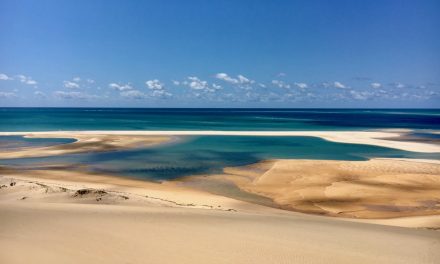
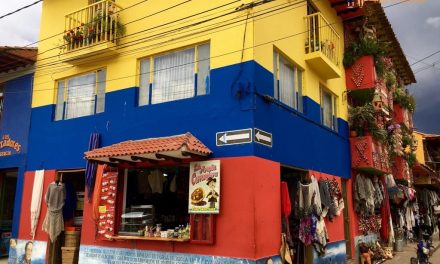
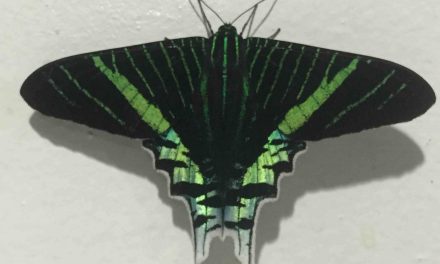


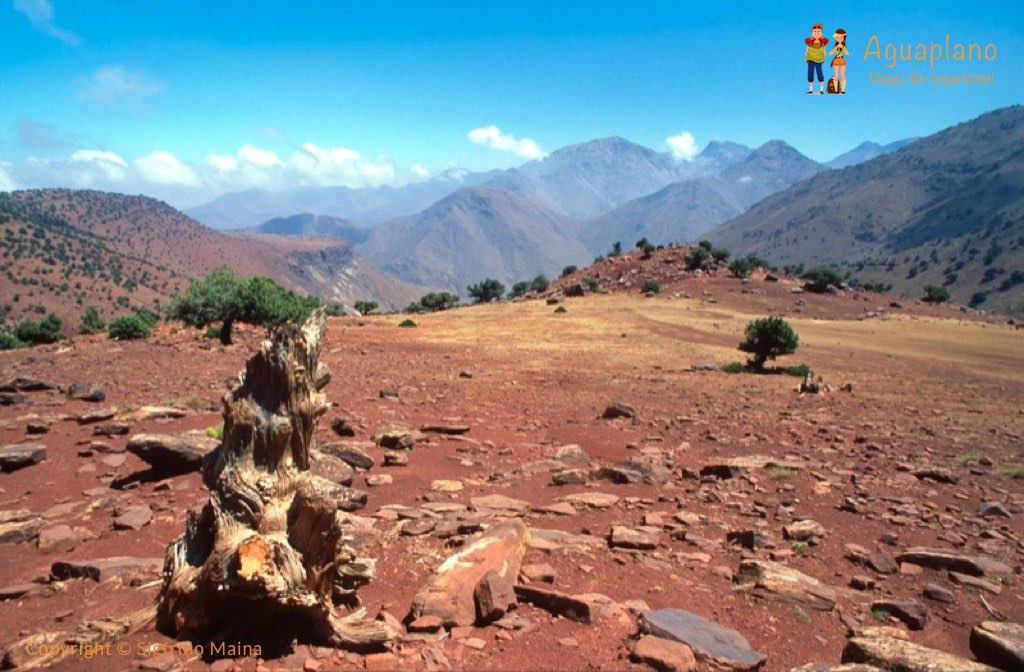
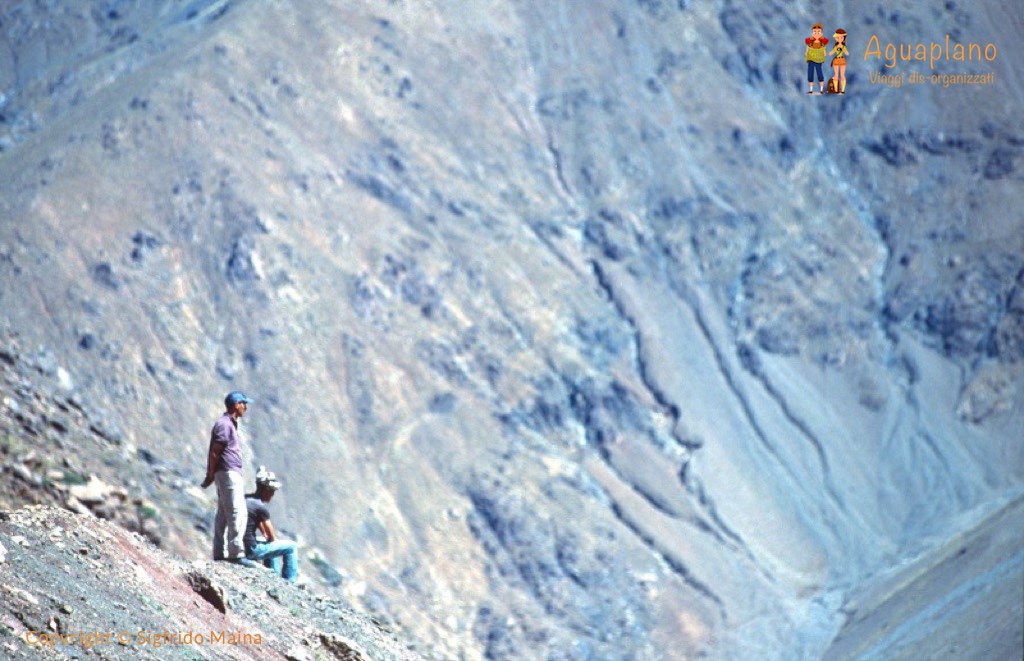
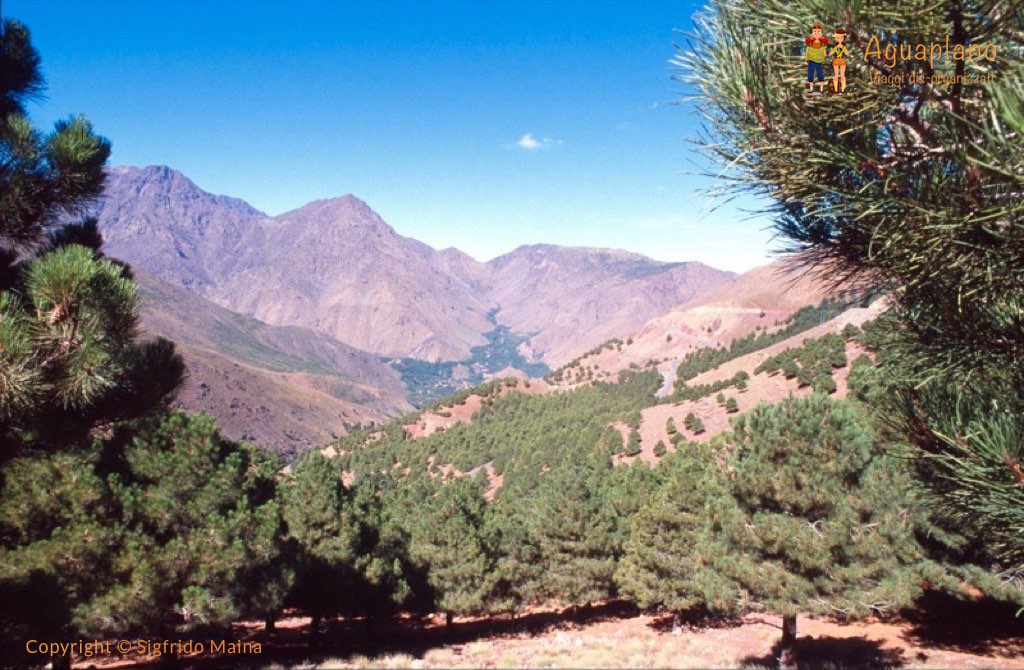
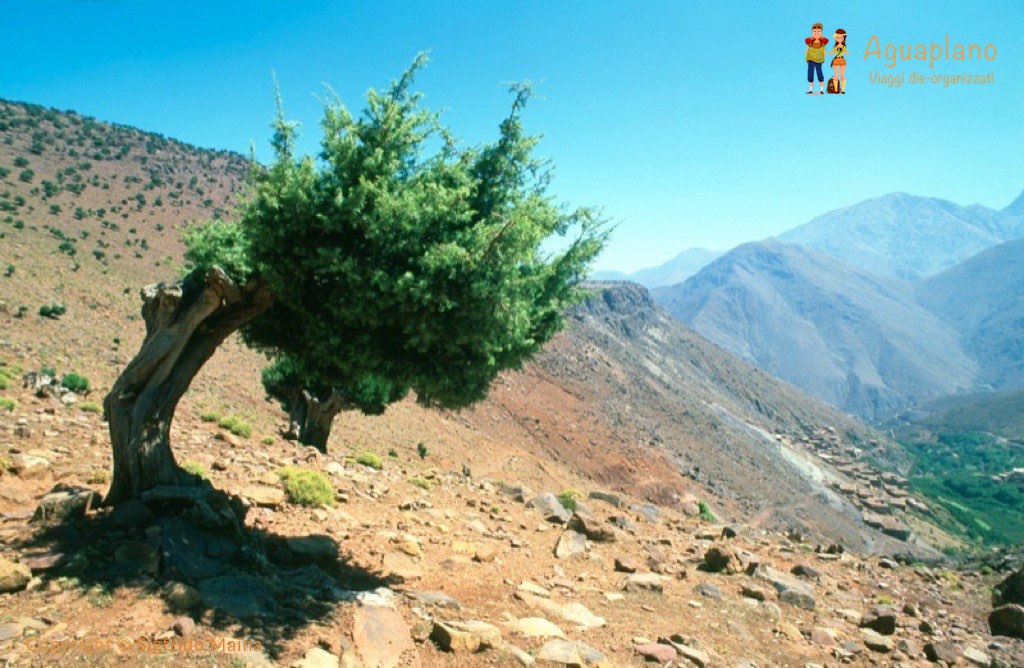
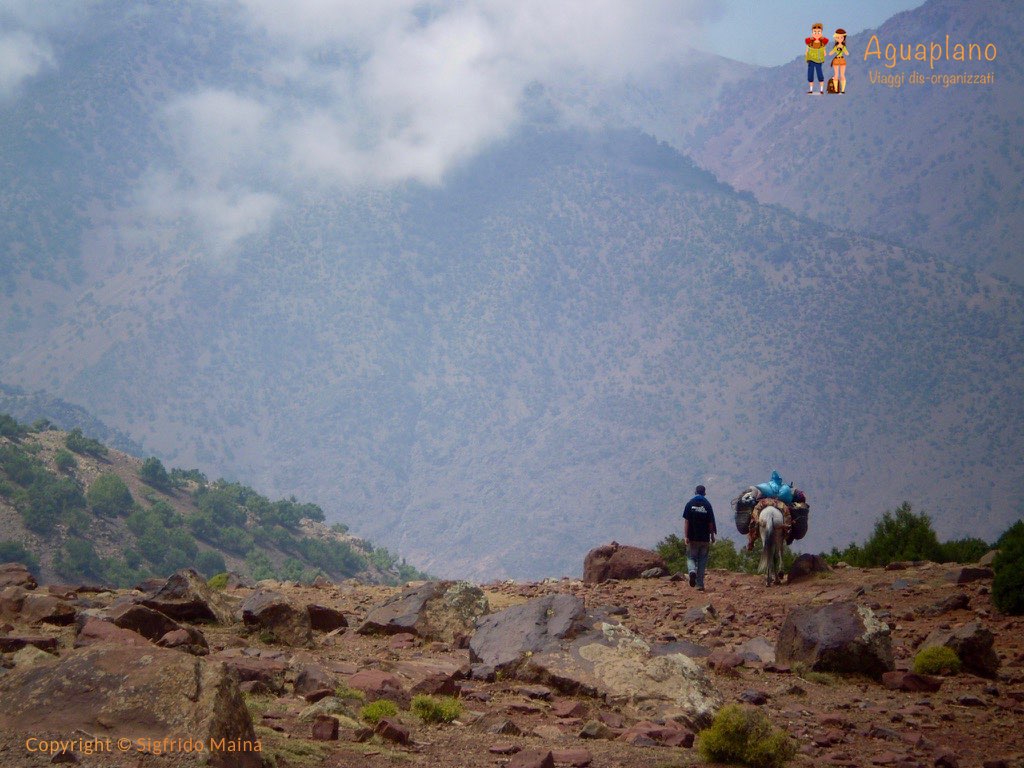
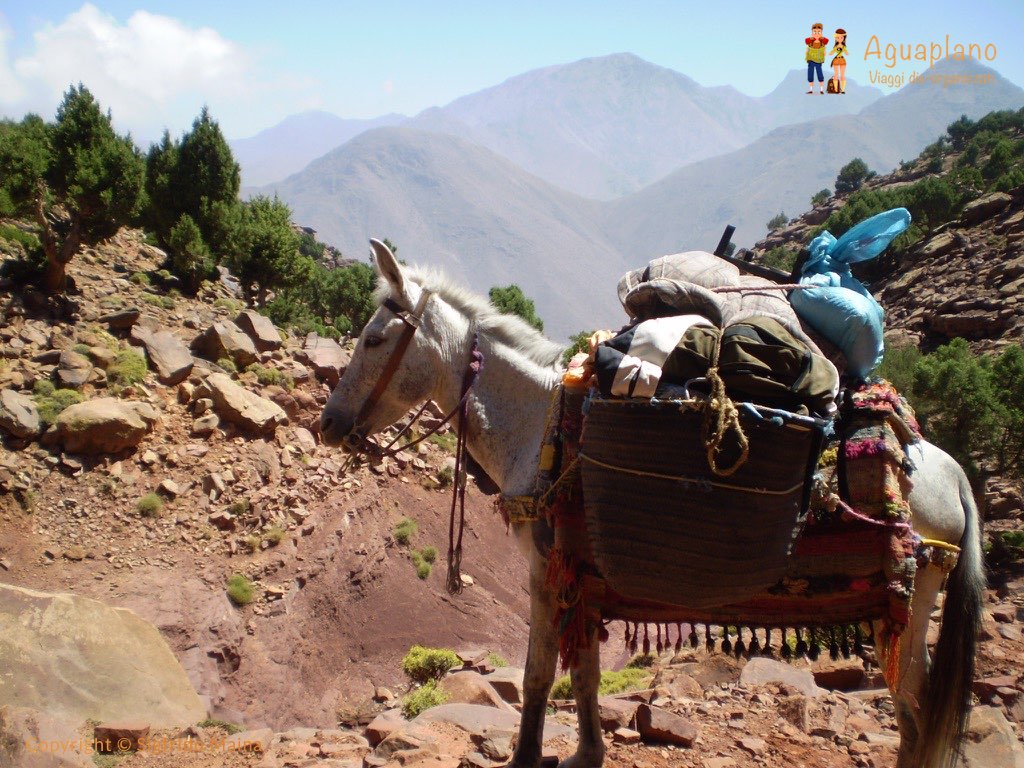
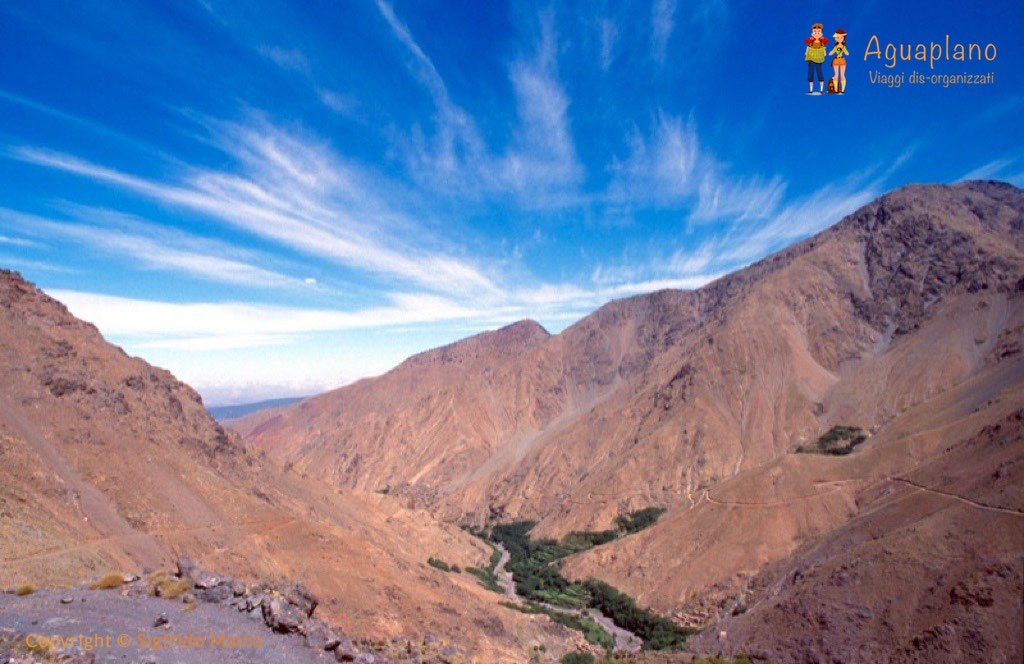
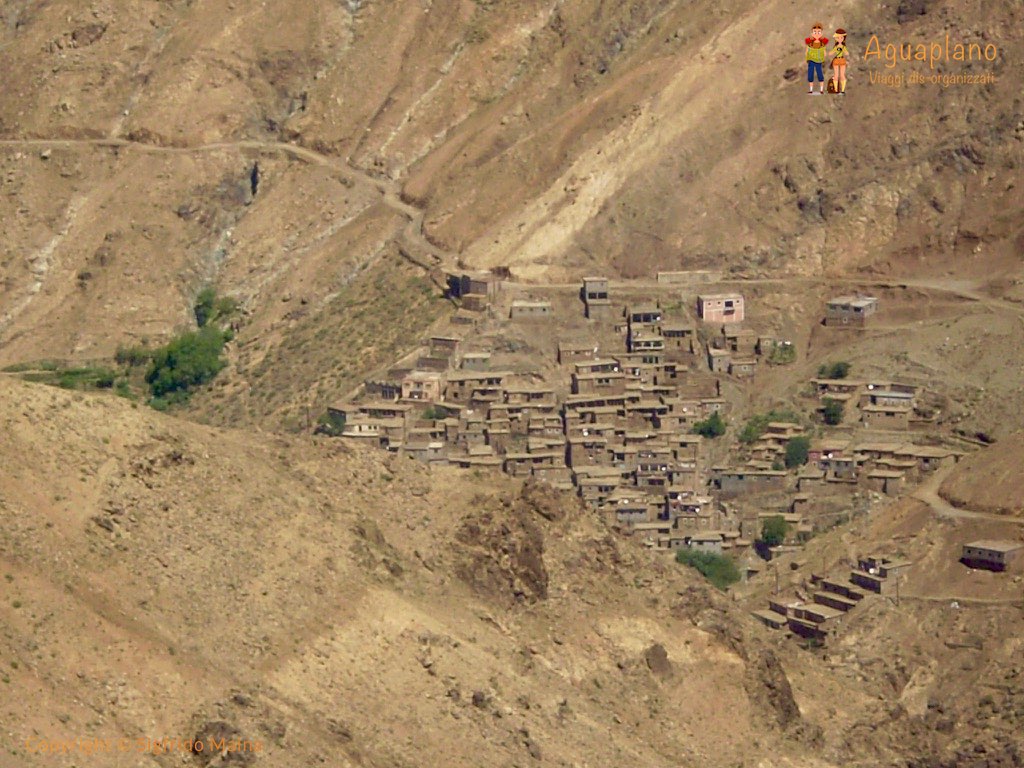
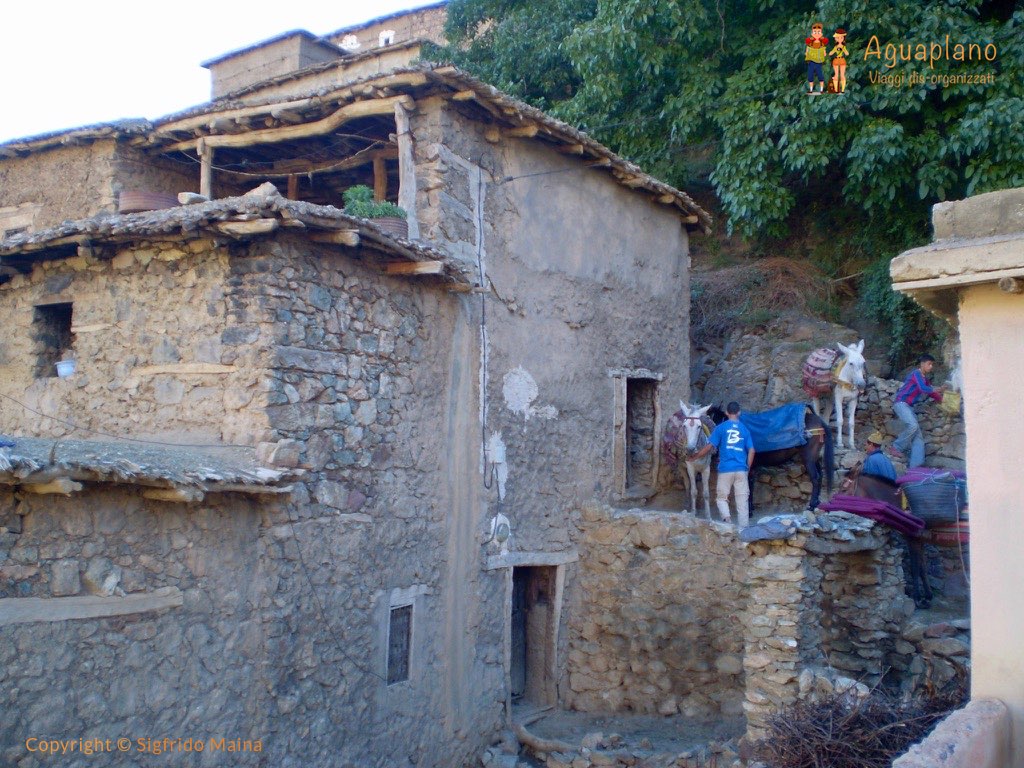
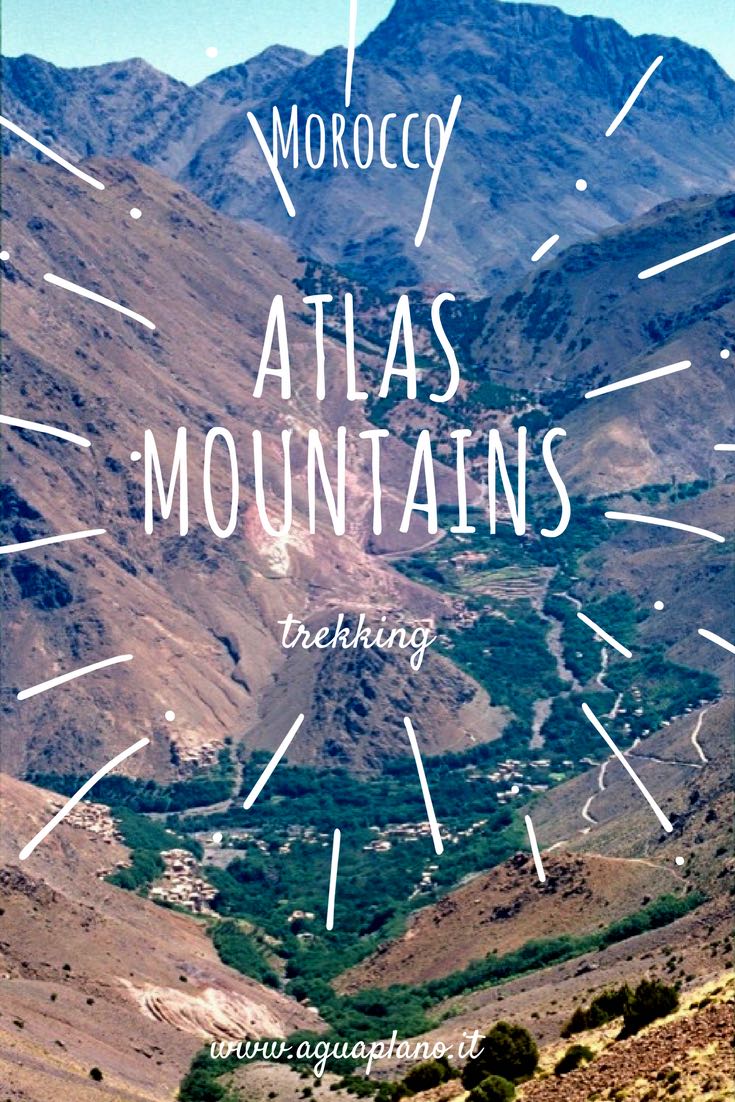
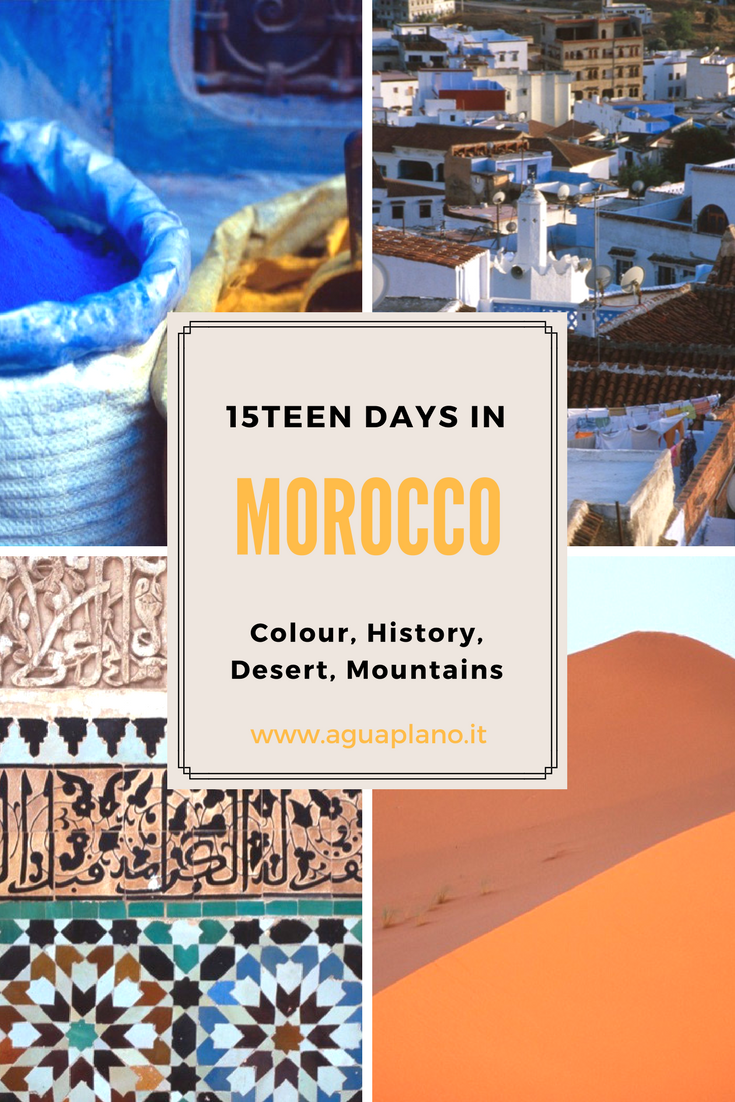
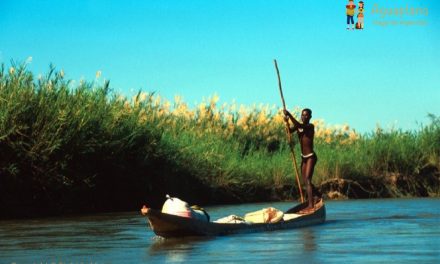
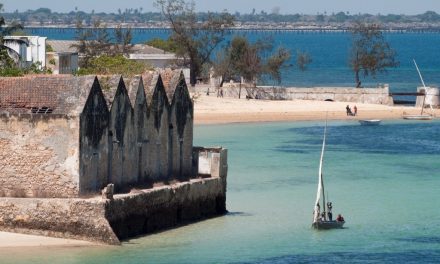
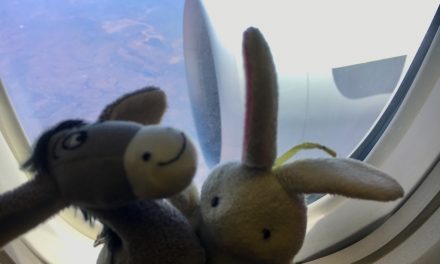
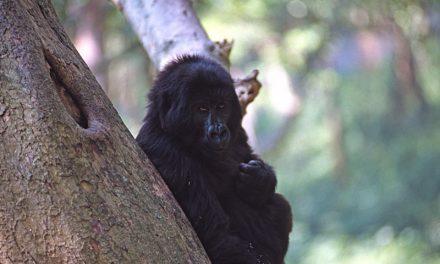
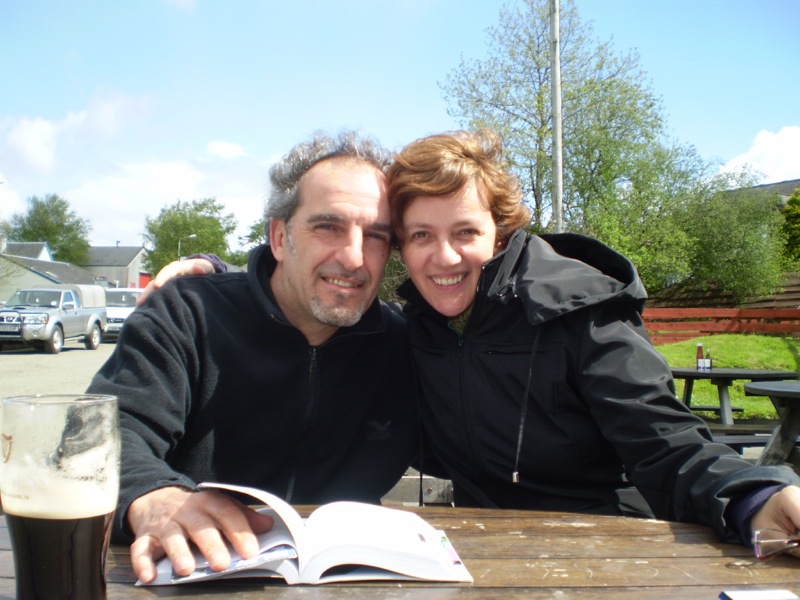
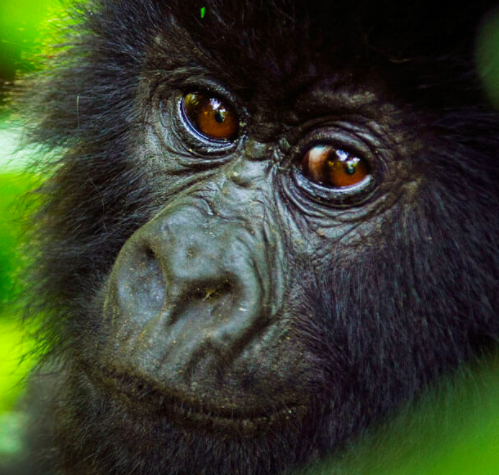
I live in atlas mountains ; its very nice to hear people saying sush a nice things about it
THank you, Imlil, we really had a great time in your country, and we hope to come back someday 🙂